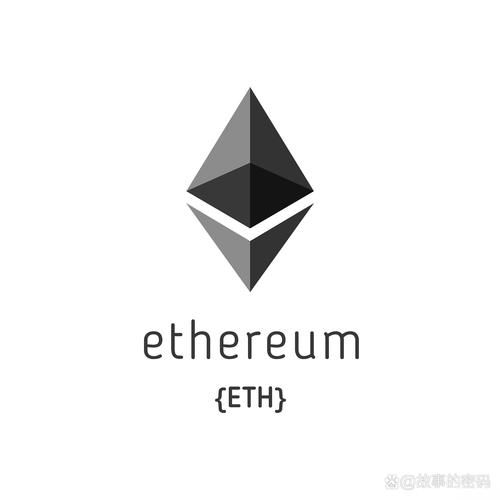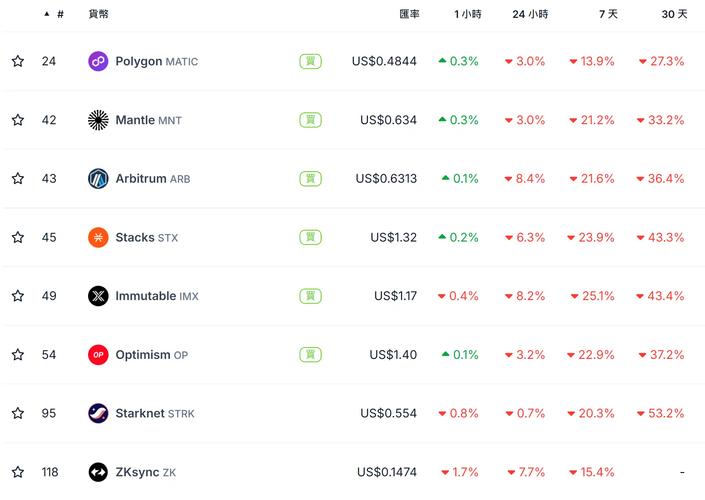
Understanding Best ETH Gas Fees: A Comprehensive Guide
When engaging with the Ethereum network, understanding the concept of gas fees is crucial. These fees determine the cost of executing transactions on the blockchain. In this article, we delve into what makes a gas fee ‘best’ and how you can optimize your Ethereum transactions.
What are Gas Fees?
Gas fees are the cost associated with executing operations on the Ethereum blockchain. These fees are paid in Ether (ETH) and are essential for maintaining the network’s functionality. Every transaction, smart contract interaction, or other activity on the Ethereum network requires gas to be paid.

Factors Influencing Gas Fees
Several factors influence the gas fees on the Ethereum network:
| Factor | Description |
|---|---|
| Network Demand | High demand for the network leads to higher gas fees as more users compete for limited block space. |
| Transaction Complexity | Complex transactions, such as those involving multiple smart contract interactions, require more gas and thus higher fees. |
| Network Congestion | During periods of high network congestion, gas fees tend to rise as users rush to execute their transactions. |
| Priority of Transaction | Transactions with higher gas fees are more likely to be prioritized by miners, ensuring faster confirmation times. |
How to Find the Best ETH Gas Fees
Identifying the best gas fees involves monitoring the Ethereum network and understanding its current state. Here are some strategies to help you find the best gas fees:
-
Use Gas Fee Tracking Tools: Websites like Etherscan and GasNow provide real-time data on current gas fees.
-
Monitor Network Activity: Keep an eye on the Ethereum network’s congestion levels. High congestion often leads to elevated gas fees.

-
Choose the Right Time: Execute transactions during periods of lower network activity to benefit from lower gas fees.
-
Optimize Transaction Size: Minimize the complexity of your transactions to reduce gas fees.
Optimizing Your Transactions
Optimizing your Ethereum transactions can significantly reduce your gas fees. Here are some tips:
-
Use a Gas Optimizer: Tools like GasNow’s Gas Optimizer can help you estimate the optimal gas limit for your transaction.
-
Batch Transactions: Combine multiple transactions into a single batch to reduce the number of transactions you need to send.
-
Use a Decentralized Exchange (DEX): DEXs often have lower gas fees compared to centralized exchanges.
-
Stay Informed: Keep up with Ethereum network updates and changes that may affect gas fees.
Conclusion
Understanding and optimizing your ETH gas fees is essential for efficient and cost-effective Ethereum transactions. By monitoring the network, using gas fee tracking tools, and optimizing your transactions, you can ensure that you’re paying the best possible gas fees. Remember, the Ethereum network is dynamic, so staying informed and adapting your strategies accordingly is key.




